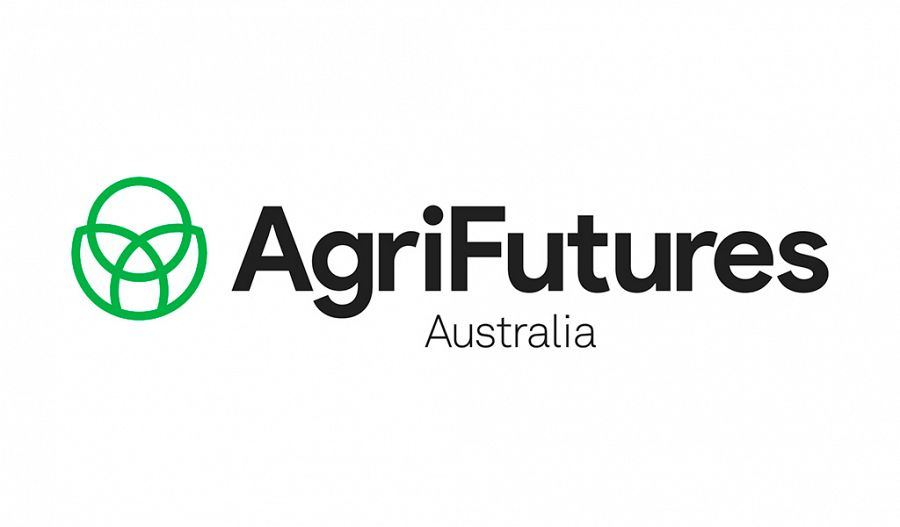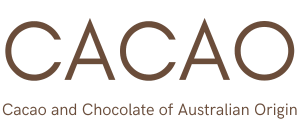Researchers
In 1998, the Rural Industries Research and Development Corporation (RIRDC)pioneered research showing that Far North Queensland (FNQ) was suitable for cocoa growing. The RIRDC (now “AgriFutures Australia”) developed an automated pod splitter which cut production costs, leading Charley’s to invest in commercial cocoa growing, offering tree to bar manufacture and retailing. Here are some of Charley’s key research partners:

AgriFutures aims ‘to grow the long-term prosperity of Australian rural industries’, establishing thriving rural industries, vibrant regional communities and staff who live and work in the regions. AgriFutures has four key priorities:
*Agriculture workforce attraction and capability building initiatives
*Horizon based agricultural research and analysis
*R&D to support established industries without industry research capability eg rice, chicken meat, honey bee and pollination, thoroughbred horse, pasture seeds, export fodder, ginger and tea tree oil
*R&D to accelerate the establishment and expansion of new rural industries -eg deer, buffalo, kangaroo and camel milk
RIIRDC made an important breakthrough when it developed a prototype cocoa pod. This project commenced in 2006 and in 2016 RIRDC published their research. Reviewing equipment from Brazil and Australia, RIRDC found mechanised cocoa bean recovery could cut the cost of bean extraction from $1,500 to $417 per tonne. This enabled industry to seize the initiative and pursue commercialisation.

The Centre for Wet Tropics Agriculture at South Johnstone, FNQ leads in seedling development. It’s a great place to visit. You can see rows of numbered cocoa hybrids being tested to isolate seedlings that offer higher yields, giving Australian growers a competitive advantage. The Centre can supply growers with higher yielding plants.
The Centre also develops sustainable production systems. FNQ has cyclones! Charley’s uses a trellis system to secure its Mount Edna plantation. The Centre for Wet Tropics explores the performance of different trellis types and of free standing trees and offers advice on optimum pruning.
But how does industry move beyond early adapters to build scale? Industry extension and training is key. The Centre for Wet Tropics plays a vital role in delivering information through their cocoa production guide. It also provides training in grafting, offers production workshops and facilitates industry meetings and information sharing with a view to increasing cocoa quality.

Conus, a FNQ consultancy, offers strategic development, economics, leadership, mentoring and governance services. Charley’s Chocolate commissioned Conus to report on the feasibility of commercial cocoa production in FNQ. Its report “Overview of Cocoa Industry” September 2018 found it was realistic to plant cocoa with a revenue target of $200 million for bean to bar chocolate. This would require about 1,000 hectares of cocoa plantings. Currently there are 30+ hectares planted.
CACAO

CACAO was formed in 2023 as the peak industry body for the Australian-Pacific Origin Cocoa and Chocolate industry. CACAO was formed out of the need to collectively advance the industry through agreed standards, marketing, education and advocacy.
It was the successor body to the Australian Cocoa Council which was incorporated in Queensland in 2014.
CACAO enjoys an excellent relationship with government bodies including the Queensland Department of Agriculture and with AgriFutures.
